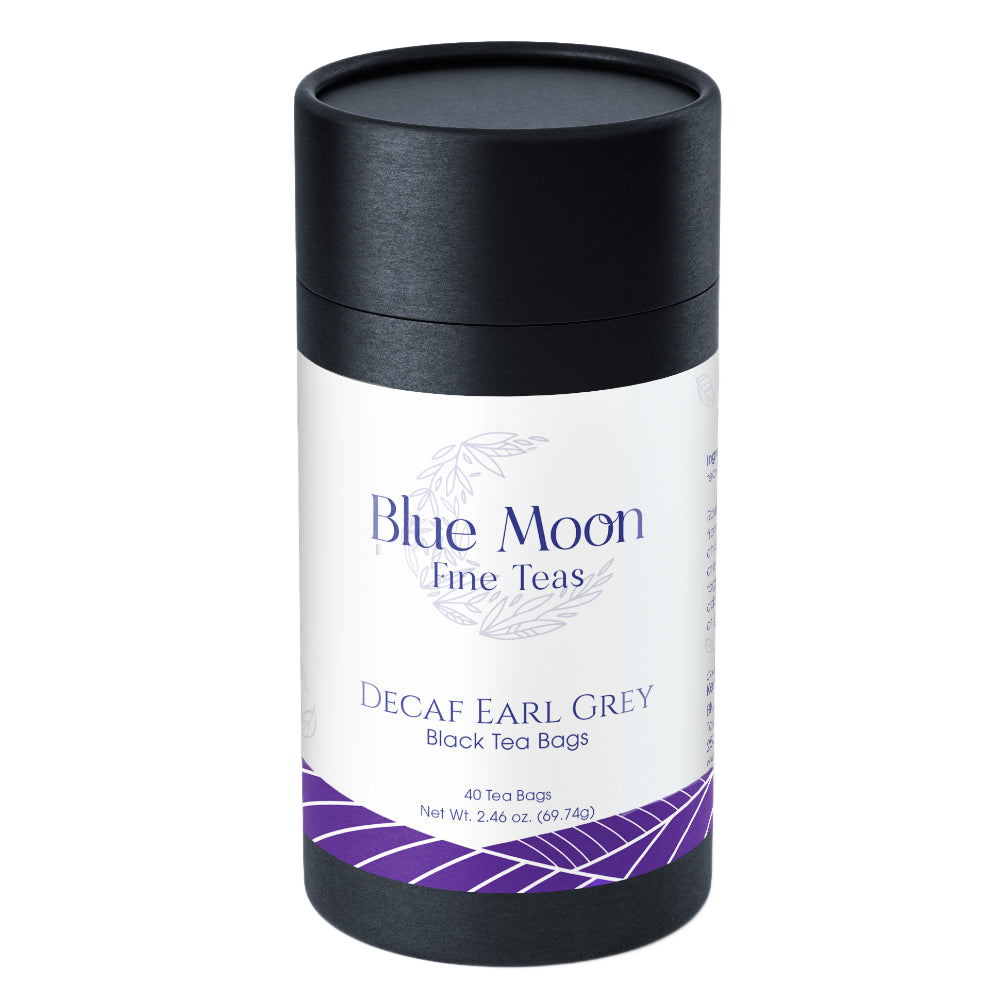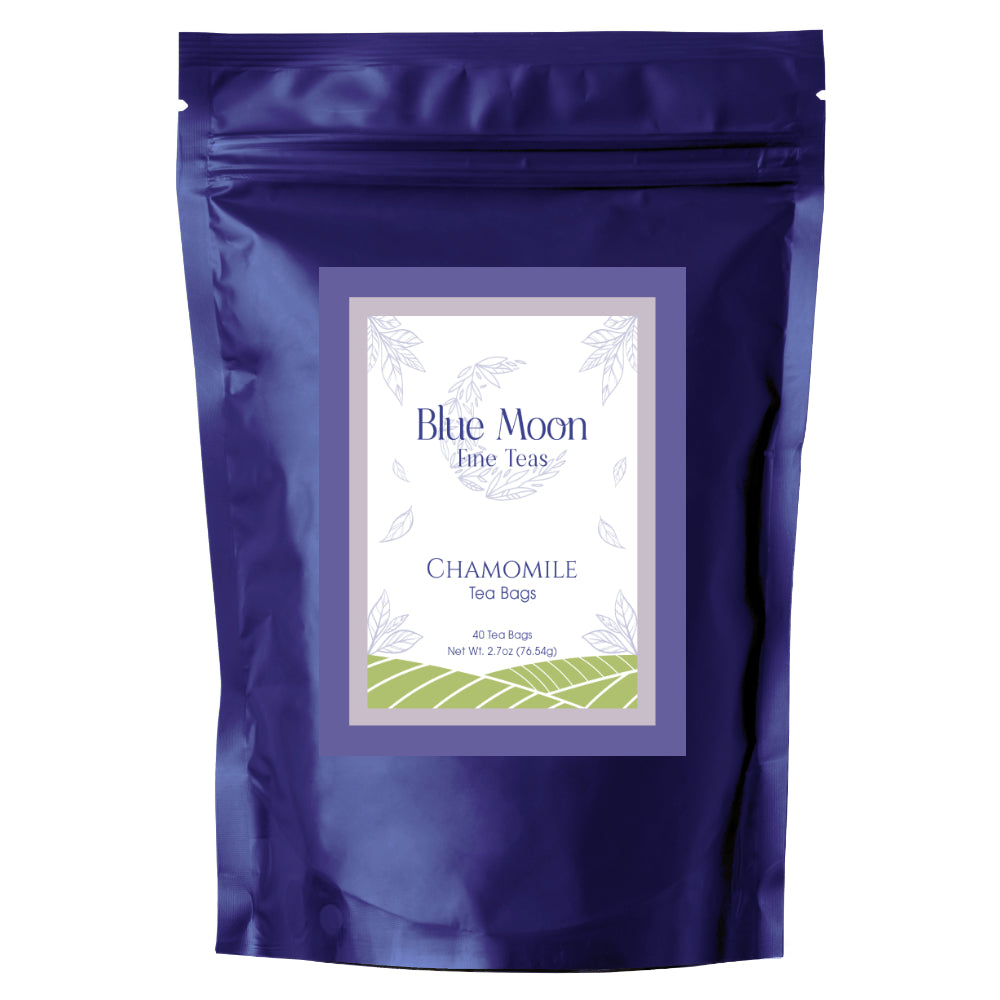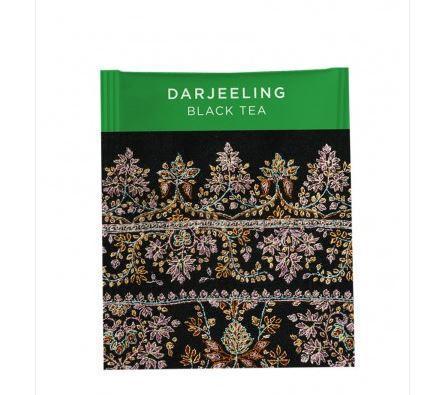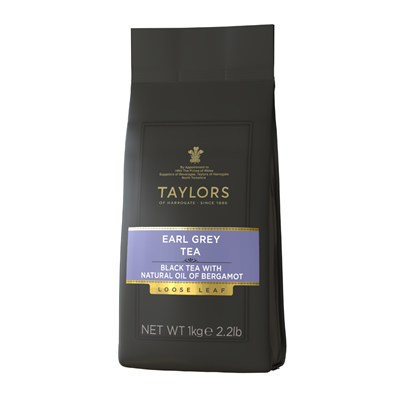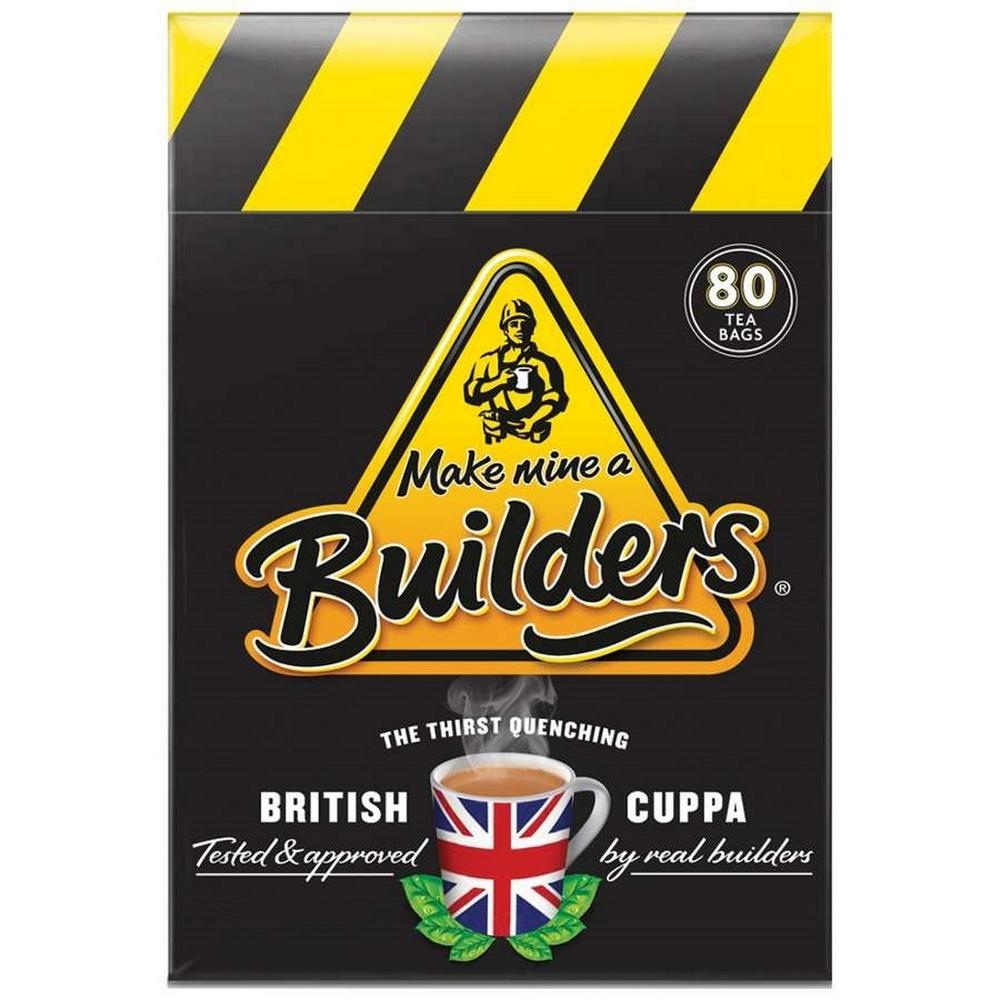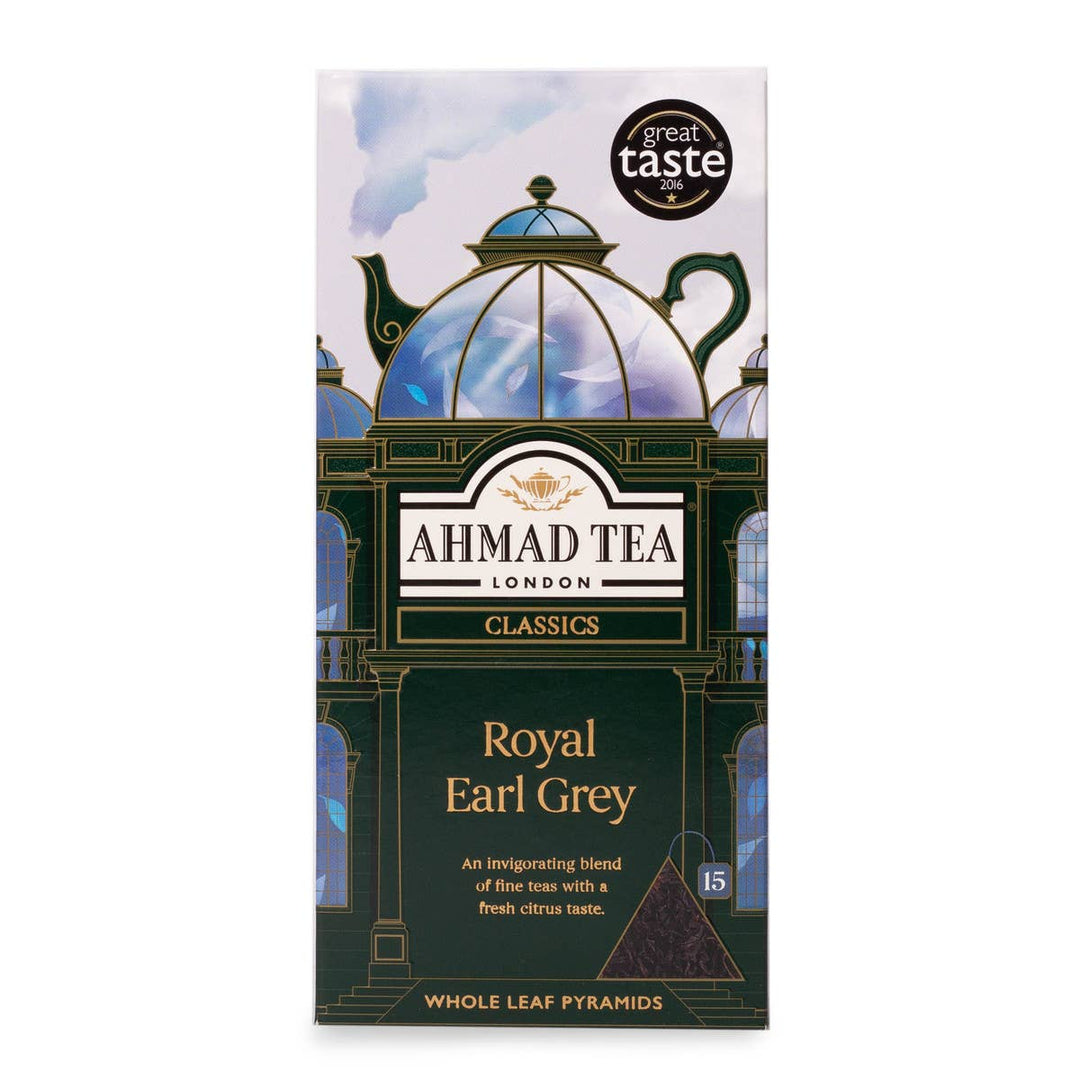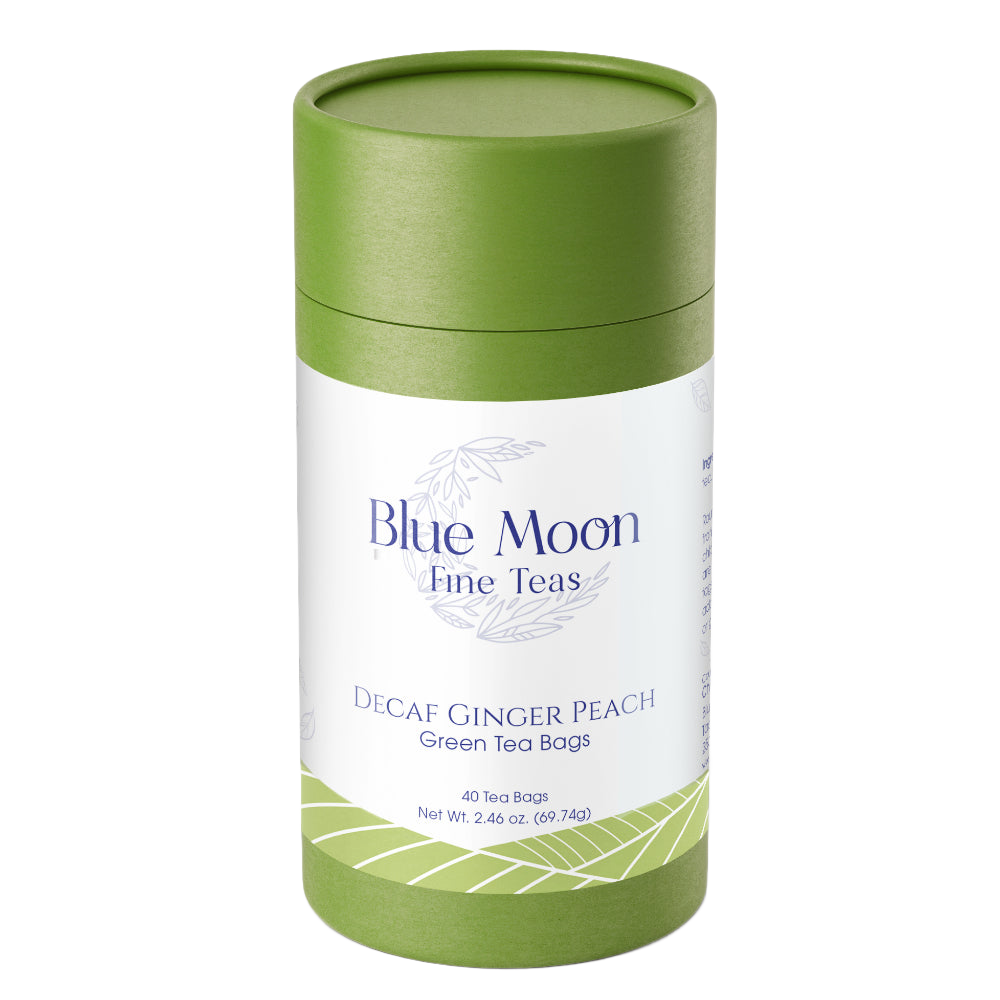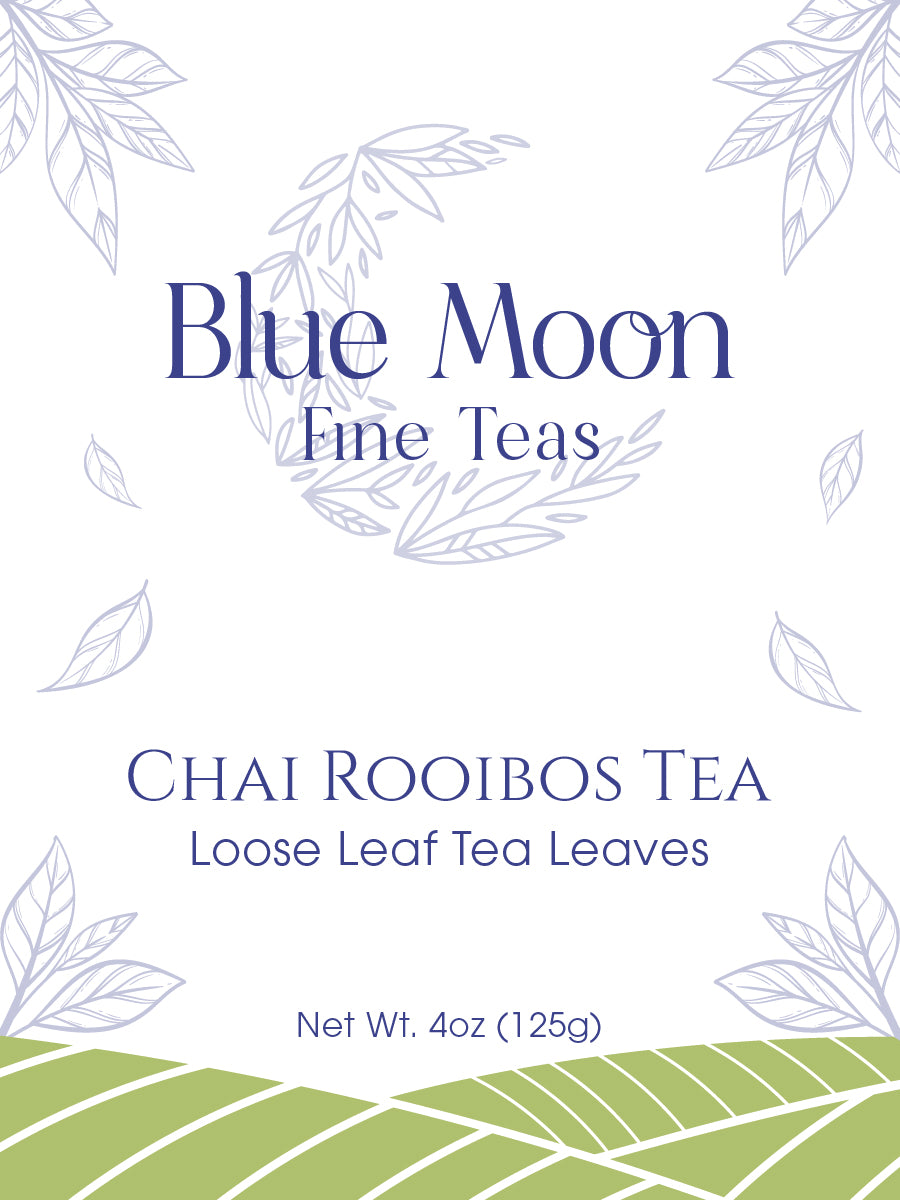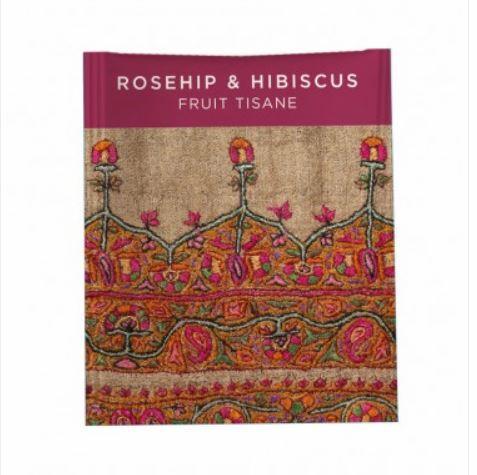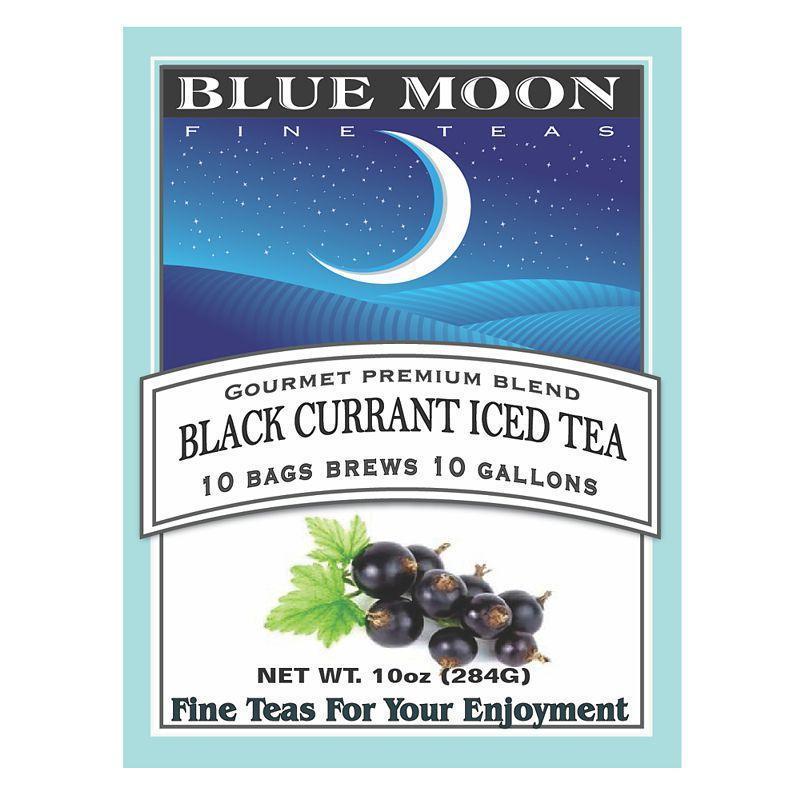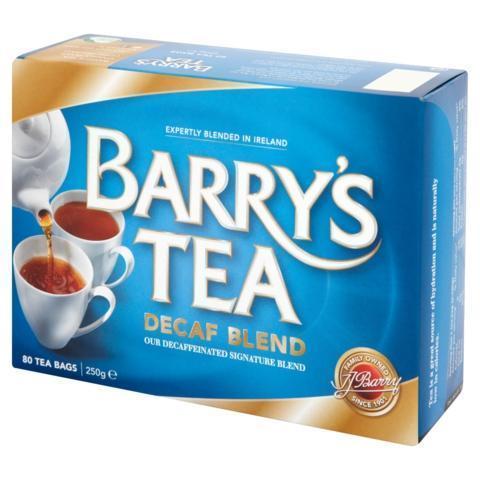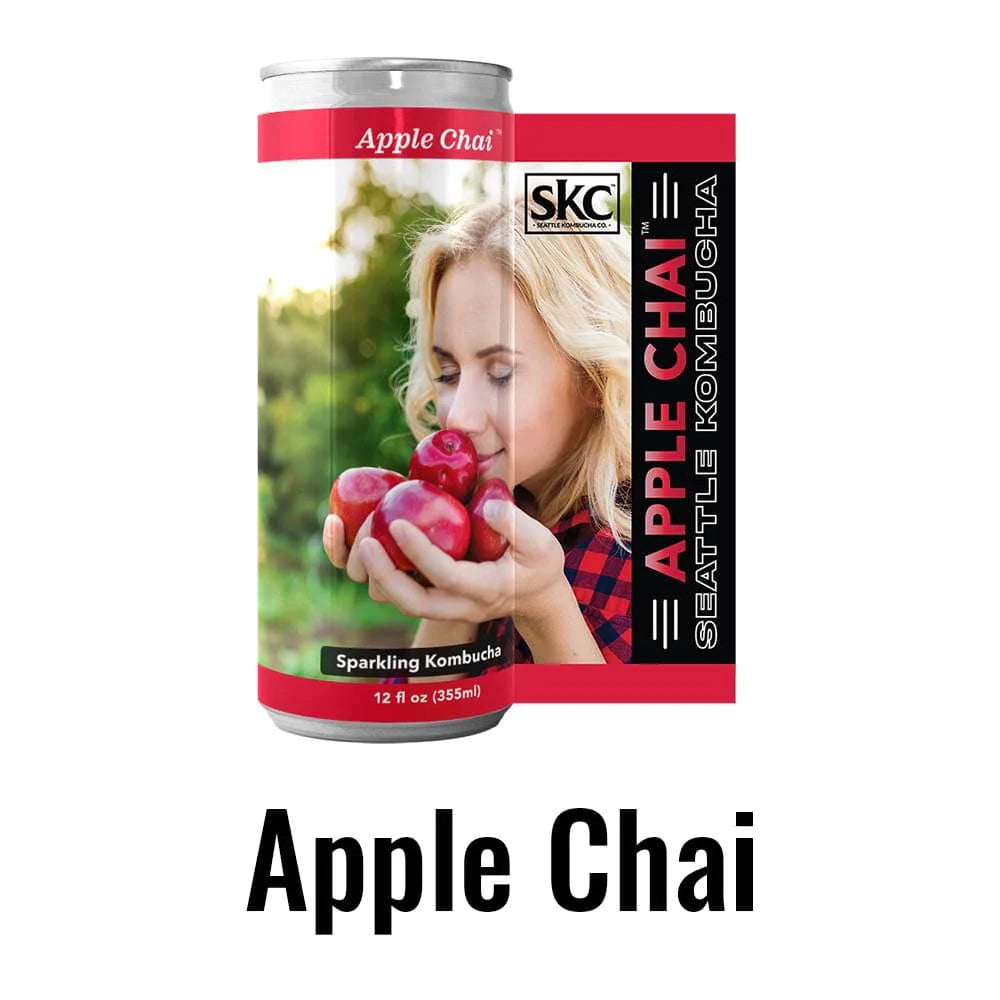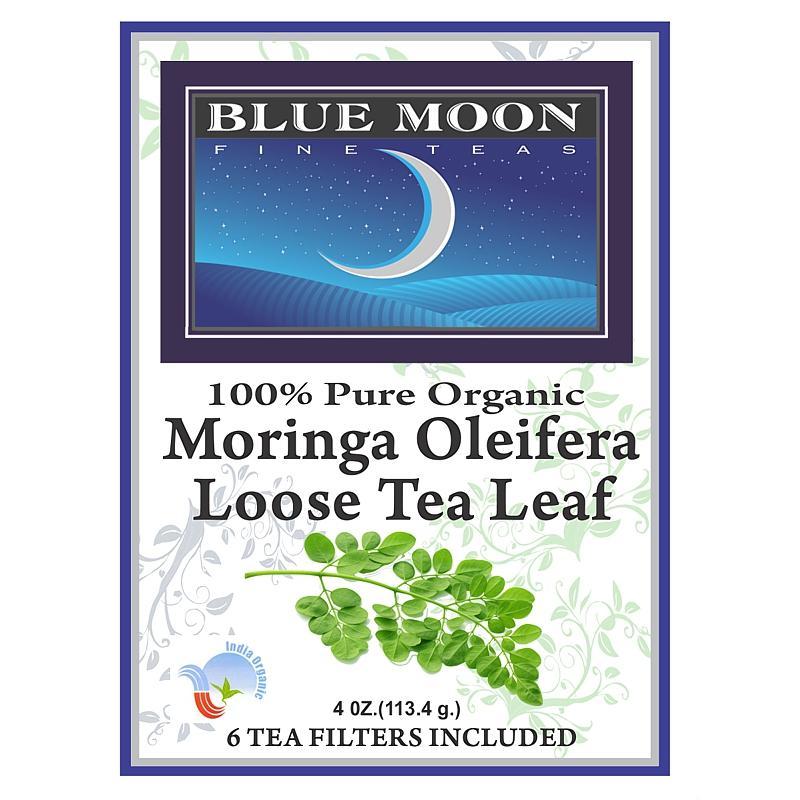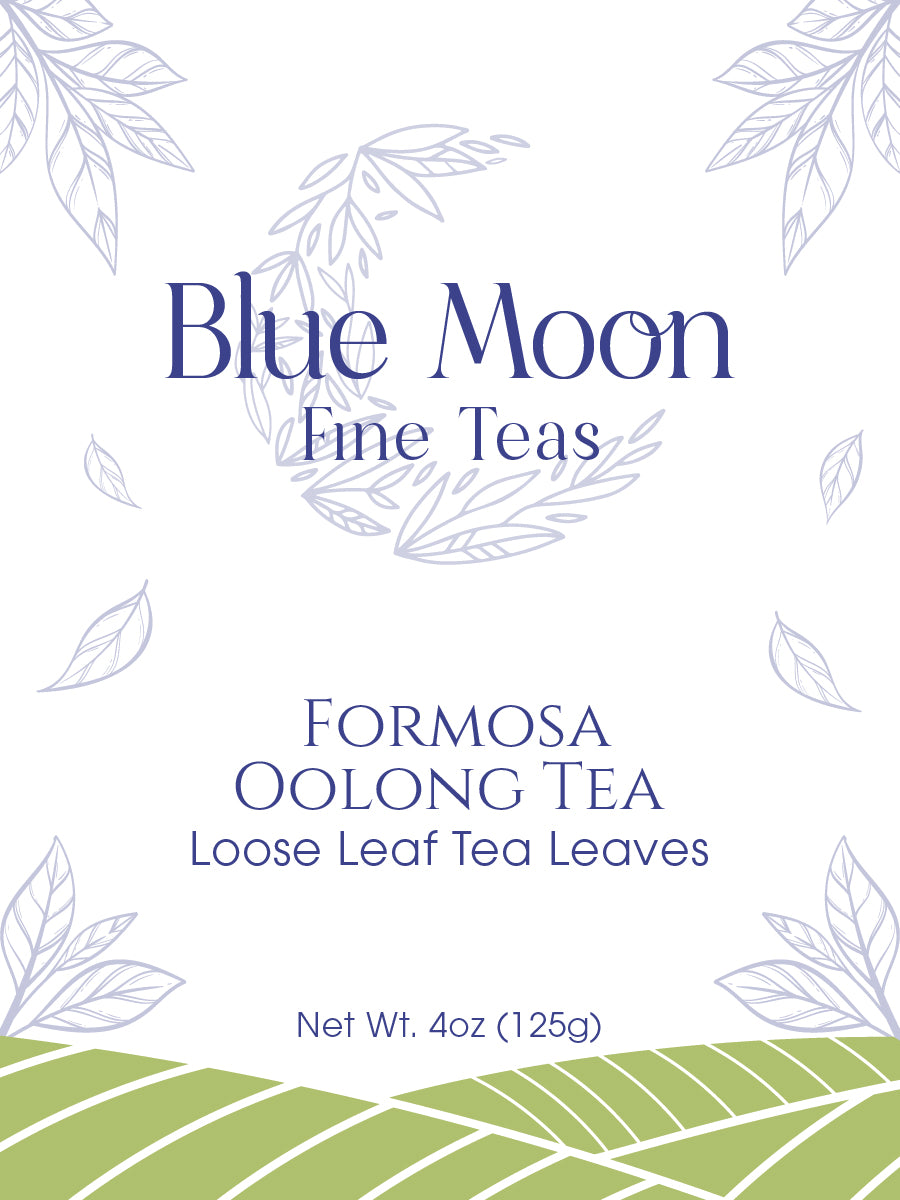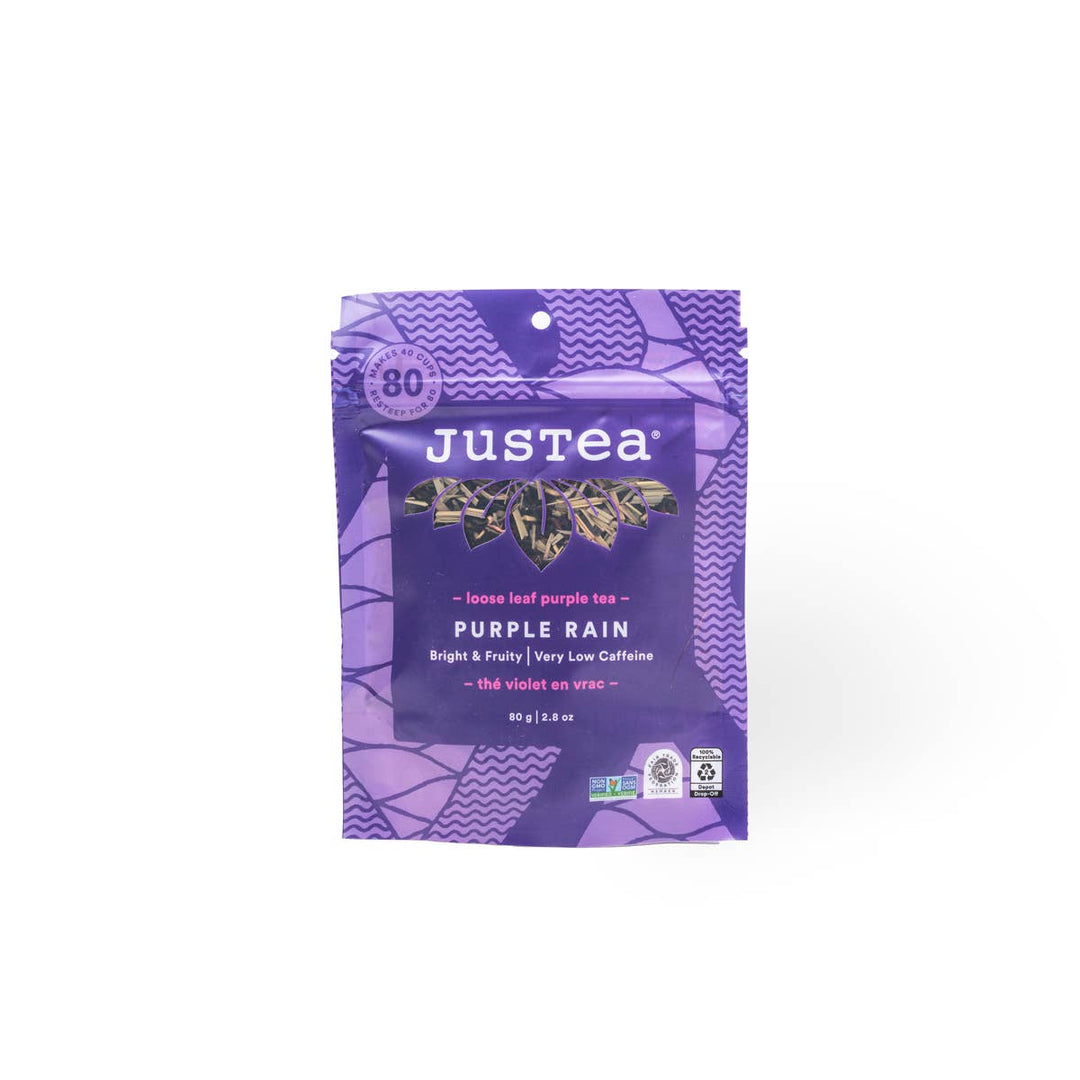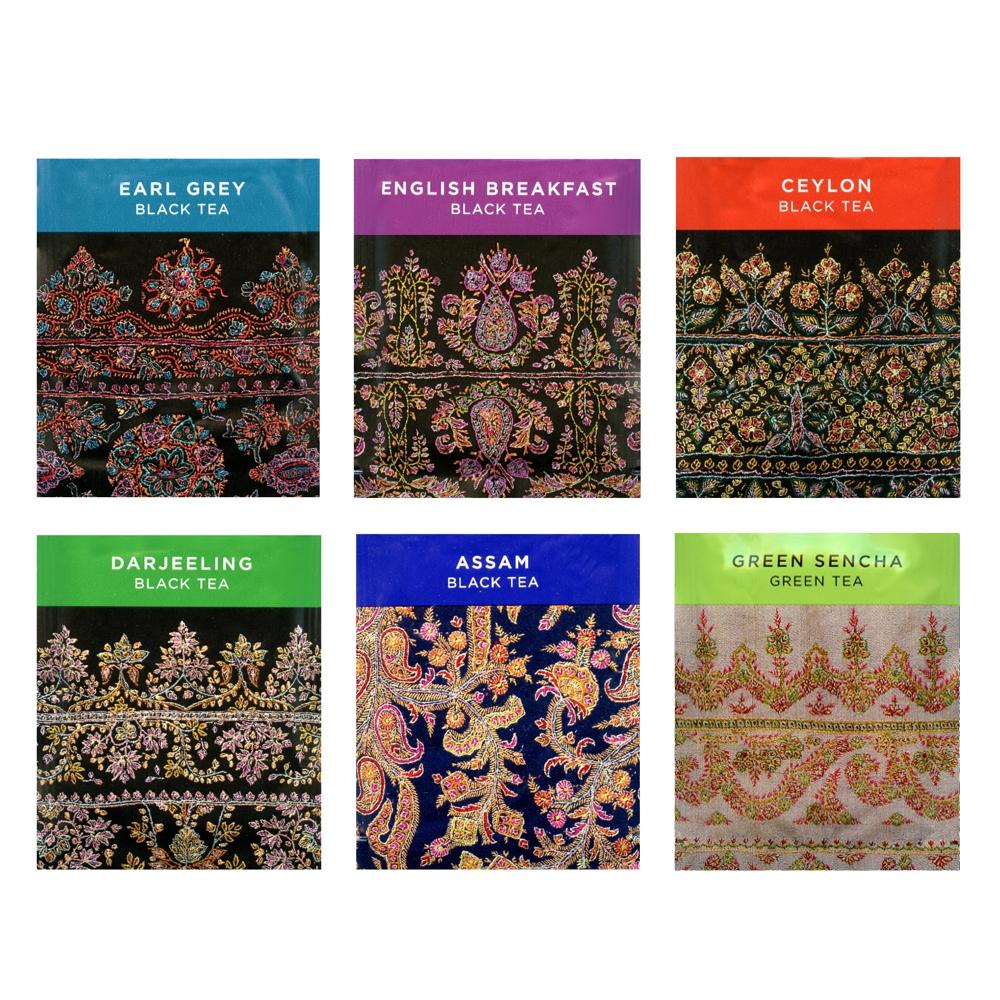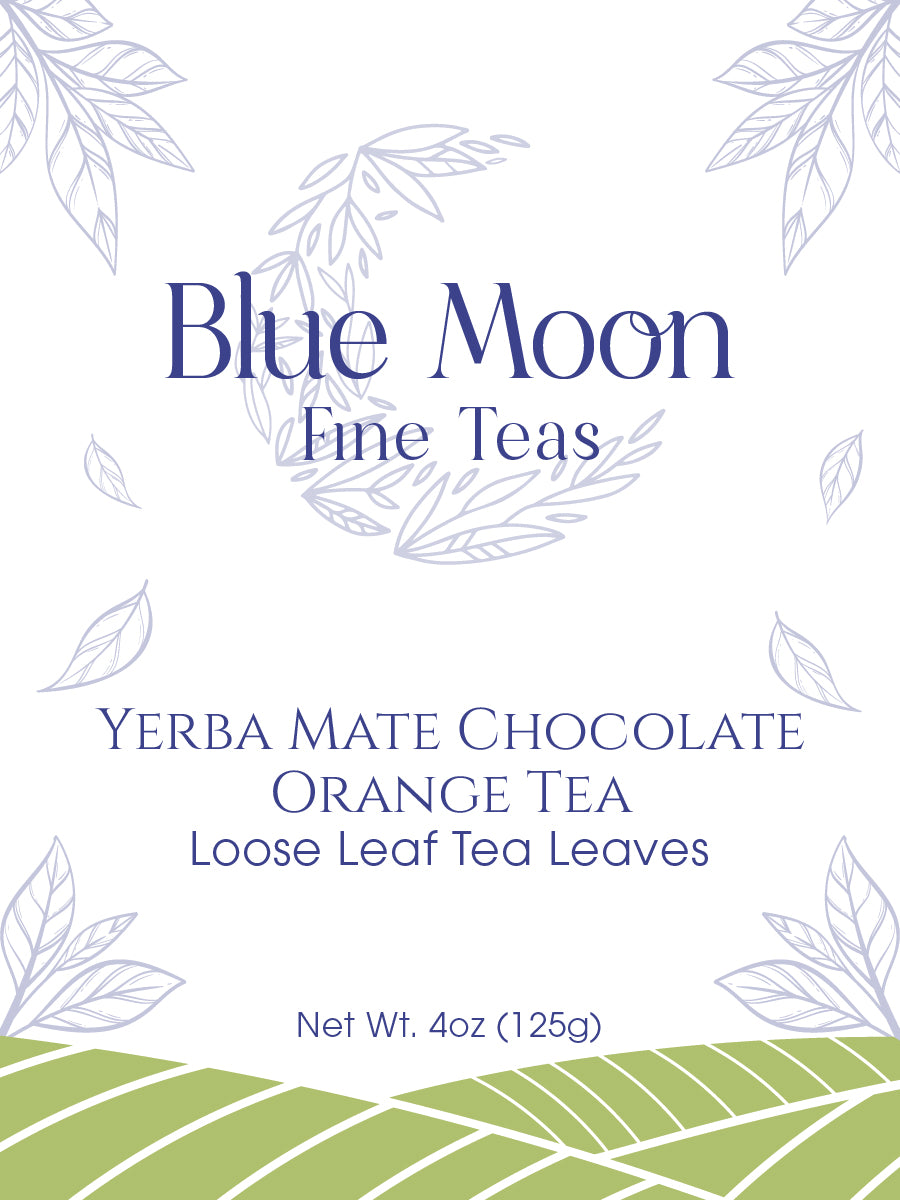Tea Types
Blue Moon Tea offers many kinds of tea to shop for and buy online.
Tea is one of the most widely consumed beverages in the world and comes in various types, each with a different caffeine content. Caffeine is a natural stimulant found in tea, coffee, and some other beverages. Here's a breakdown of how caffeine is present in different types of tea:
Black Tea:
- Black tea typically contains the highest caffeine content among all types of tea. On average, an 8-ounce (240-milliliter) cup of black tea contains around 40-70 milligrams of caffeine, but this can vary depending on factors like steeping time and tea leaf grade.
Green Tea:
- Green tea contains less caffeine than black tea but still has a moderate amount. An 8-ounce cup of green tea typically contains around 20-45 milligrams of caffeine. The caffeine content can vary based on the tea variety and how it's prepared.
Oolong Tea:
- Oolong tea falls between black and green tea in terms of caffeine content. An 8-ounce cup usually contains around 30-50 milligrams of caffeine. The oxidation level of oolong tea leaves influences its caffeine levels.
White Tea:
- White tea generally contains the least caffeine among traditional teas. An 8-ounce cup of white tea typically has around 15-30 milligrams of caffeine. The caffeine content can vary based on the tea's variety and quality.
Herbal Tea:
- Herbal teas are typically caffeine-free or very low in caffeine. Herbal infusions are made from various plants, flowers, herbs, and spices and do not contain Camellia sinensis leaves, which are responsible for the caffeine in traditional teas. Examples of caffeine-free herbal teas include chamomile, hibiscus, and peppermint.
Rooibos Tea:
- Rooibos tea is naturally caffeine-free, making it a caffeine-free alternative to traditional teas. It is made from the leaves of the South African Rooibos plant.
Decaffeinated Tea:
- Decaffeinated teas are processed to remove most of their caffeine content. Decaffeinated black, green, and herbal teas are available for those who want to enjoy the flavor of tea without the caffeine.
It's important to note that the caffeine content of tea can vary based on factors such as the tea's variety, processing method, steeping time, water temperature, and the amount of tea leaves used. Additionally, individual sensitivity to caffeine varies, so the effects of caffeine can be different from person to person.
If you are concerned about caffeine intake, you can opt for caffeine-free herbal teas or decaffeinated versions of traditional teas. Decaffeinated teas are processed to retain the tea's flavor while removing most of the caffeine, making them a suitable choice for those looking to reduce their caffeine consumption.



